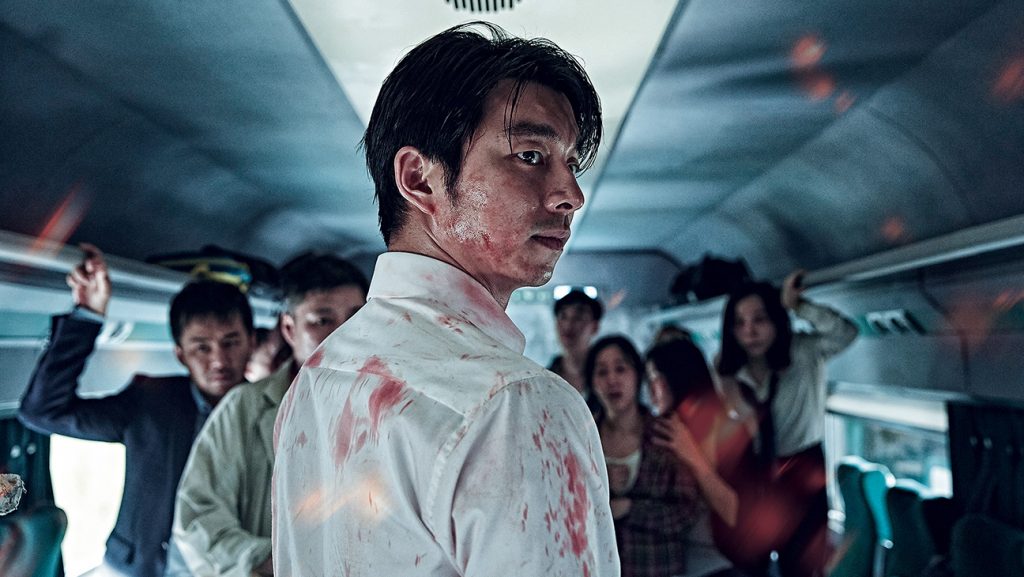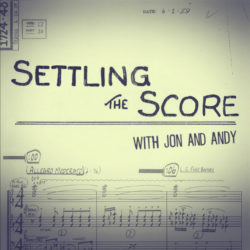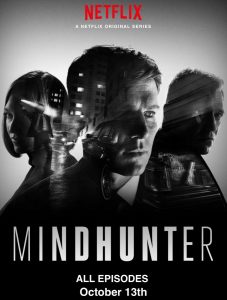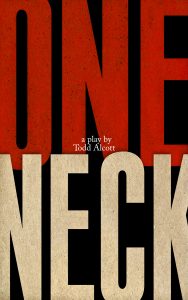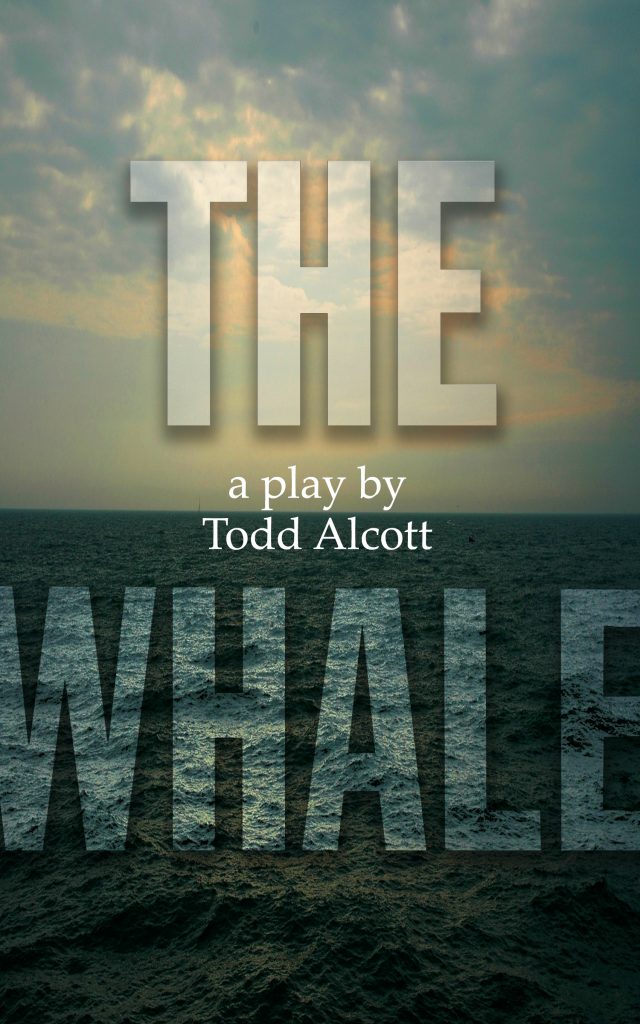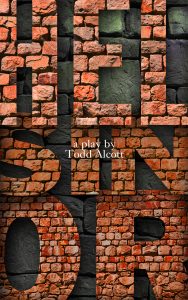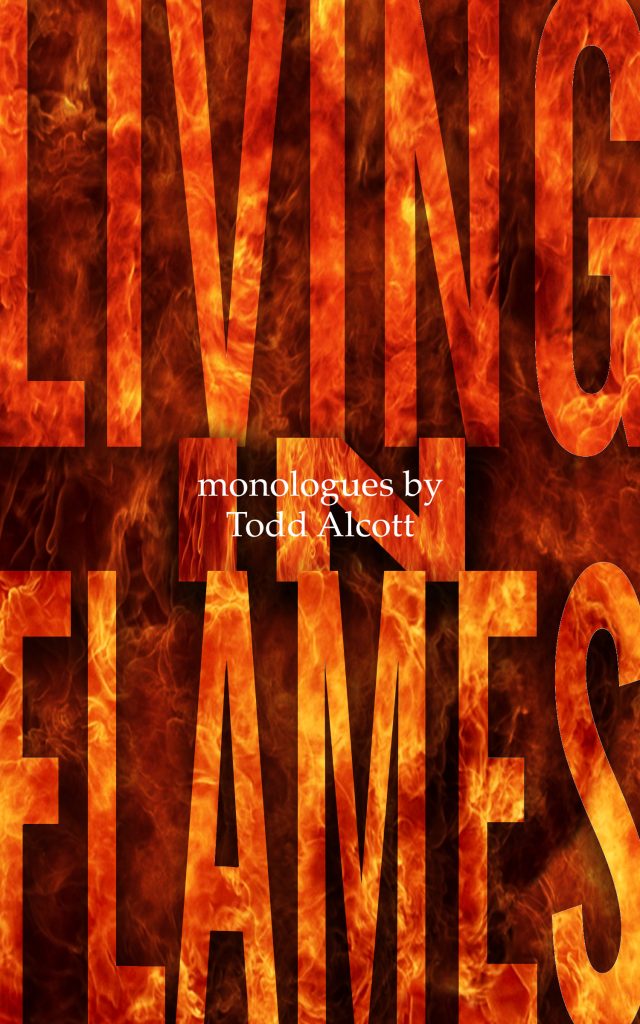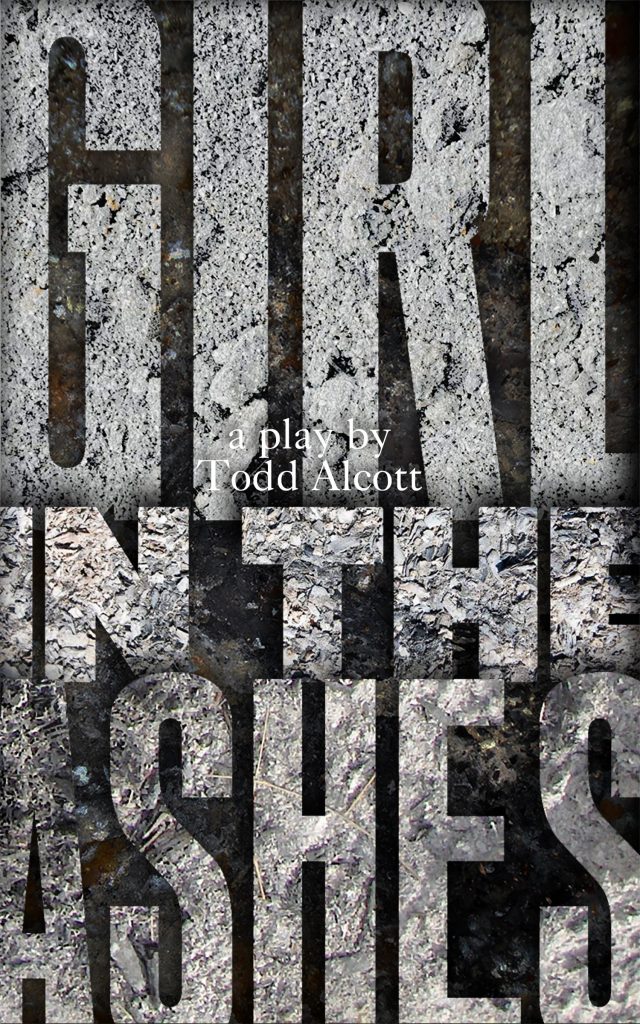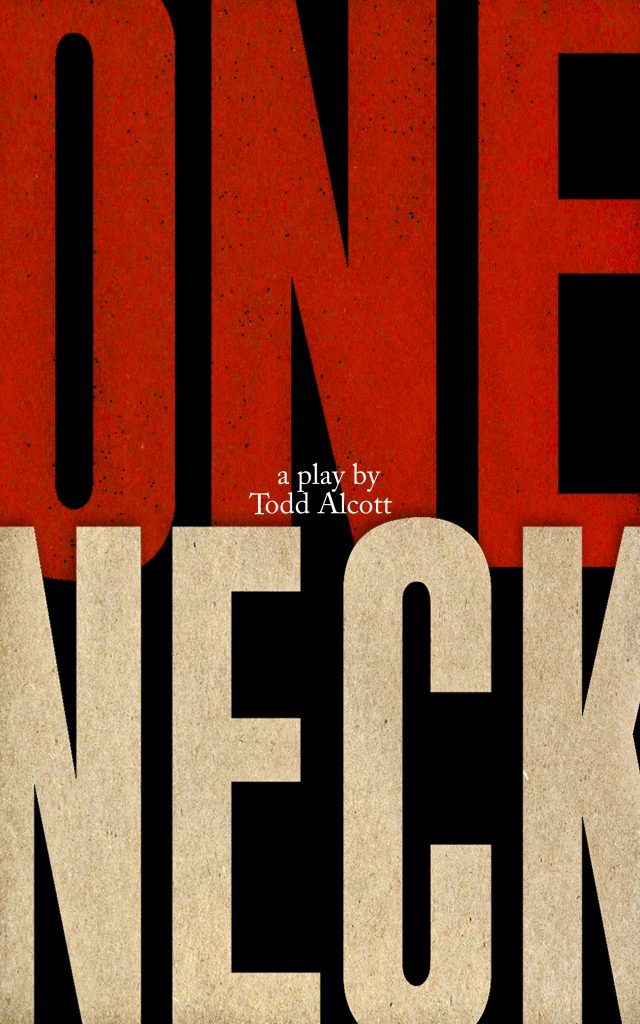Train to Busan
Hey, if you’re looking for a great horror movie to watch this Halloween, you really can’t do better than Yeon Sang-ho’s fantastic, slam-bang Korean zombie movie Train to Busan. Breathlessly paced, fiendishly inventive, wonderfully human and deeply affecting, Train to Busan puts a clutch of ordinary folk on a passenger train at the moment the world ends. Just when you think there’s nothing left to be done with the concept of “zombies on a train,” the director comes up with five or ten more ideas, each one more devilish than the last. Terrific filmmaking and automatically one of the greatest horror movies ever made. On Netflix.
Settling the Score podcast
You know what you should do? You should listen to Settling the Score, a new podcast where Jonathan Dinerstein and Andy Boroson.
Each podcast they discuss a different film score. Currently they’re counting down the sometimes-baffling AFI list of “top 25 scores of all time.” (How the West Was Won? On Golden Pond?) Today it’s Miklos Rozsa’s titanic score for the titanic Ben-Hur. Jon and Andy know what they’re talking about and the podcast is great entertainment whether you’re a film-score geek or not. If you like what I do here with screenplays, you’ll like what they do there with film scores.
It’s available here, or at your favorite podcast sites.
Coen Bros: Five Films
Now available at Amazon, for your reading pleasure, my analysis of No Country For Old Men, A Serious Man, True Grit, Inside Llewyn Davis and Hail, Caesar! Certainly five of the greatest movies released in the past decade. Endlessly watchable, endlessly rewarding of examination. Analytical readings of analytical screenplays from analytical writers. I especially recommend this volume for people who don’t “get” A Serious Man, Inside Llewyn Davis and Hail, Caesar!.
Batman on the Big Screen
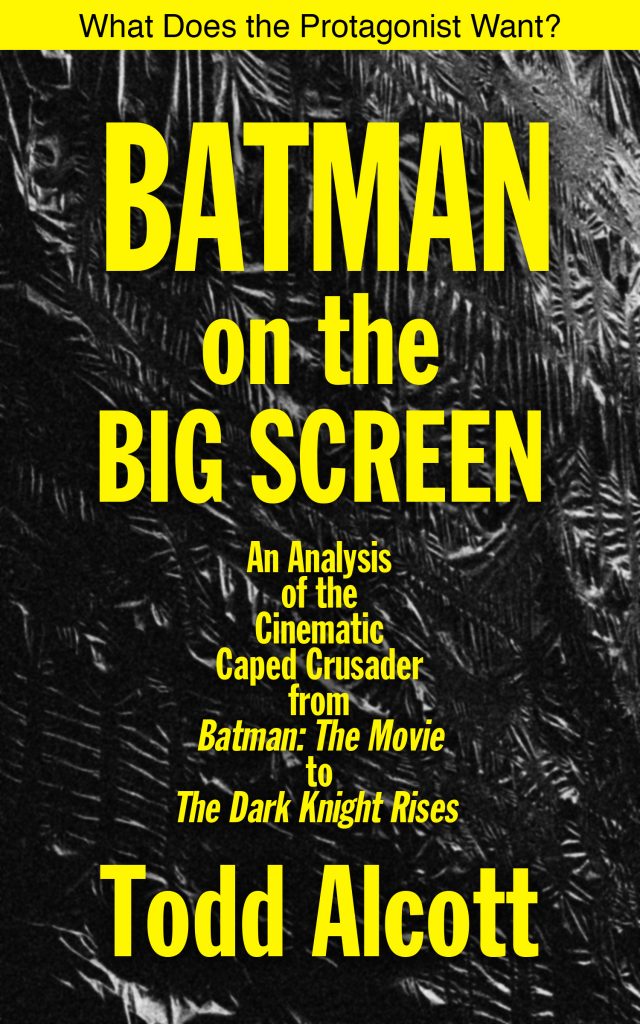
Batman on the Big Screen, a volume collecting everything I’ve written about the Caped Crusader, is now for sale at Amazon. It’s the first in what will be a long line of volumes under the What Does The Protagonist Want? banner. Having just finished editing it, I can tell you, it’s still highly addictive reading!
Mindhunter vs One Neck
Watching the new Netflix show Mindhunter, I am reminded how the concept of “serial murder” was brand spanking new when I was a teenager, that killers like Ted Bundy, John Wayne Gacy, Jeffrey Dahmer and the rest were a terrifying new phenomenon to law-enforcement agencies, who had no vocabulary or protocol to deal with them. A novel like The Silence of the Lambs was capturing events that were still in the headlines, the FBI’s Behavioral Science Unit being a weird experimental new idea in an FBI where Dillinger-hunter J. Edgar Hoover’s death was still a fresh memory. Suddenly the FBI went from gangbusting to psychology, which required men like the protagonists of Mindhunter to travel around interviewing serial killers, to try to understand how their crimes were possible.
When I sat down to write the play One Neck, I read a whole stack of books on serial murder, and none — not one — came close to a clear explanation for their subject matter. For a researcher, the quest to understand involves trying to get inside the mind of a sociopath, which puts one in a very strange, very dangerous mental place (which the show Mindhunter explores to an extent). I can still remember trying to capture the voice of “my” killer, Lucian, writing for months in my room in Brooklyn, and how, in order to achieve his voice, I had to abandon every scrap of what I knew about morality. I would spend nights writing, hunched over my Royal portable typewriter, and then venture out in the morning to go to work and the world would seem like a very strange place.
That was just from reading those books and struggling to write that character, I can’t imagine what it was like for the FBI agents and psychologists who were actually in the room with those murderers.
There has been exactly one good movie about serial murder, one that captures what it’s like to struggle with a mind like that, and that’s David Fincher’s Zodiac (Fincher is a producer on Mindhunter, and directed the first two episodes). There is one great play about it, and that’s Lee Blessing’s Down the Road, which is about a “true-crime” writing couple who decide to take on the job of interviewing a serial killer for a book and how those interviews destroy their marriage. When I saw a reading of Down the Road in the early 90s, I said “That’s it. That’s what it’s like.”
My play One Neck isn’t about about that obsession or the (thankfully temporary) damage it did to my psyche. Rather it’s about what happens when a piece of chaos crashes a dinner party in Long Island, a party starring the peak of western civilization: a scientist, a stock broker, a TV news producer, a painter and a lawyer. While it’s almost been a movie a number of times, the play is deliberately anti-dramatic. The first act is a comedy of manners, the second act is pure existential horror. (As I liked to say in rehearsals, the first act is The Man Who Came to Dinner, the second act is Endgame). The narrative invites the audience in the same way the killer does, by being funny, weird, honest and discomforting. Then, when it’s got your interest piqued, it goes in for the kill.
I’m also a playwright!
Hey folks, sorry I haven’t been analyzing screenplays as often as I’d like, I’ve been busy!
One of the things I’ve been doing is figuring out how to publish my plays through Amazon. I’ve finally succeeded, and here they are. If you buy one and enjoy it, leave me a good review, I would very much appreciate it.
